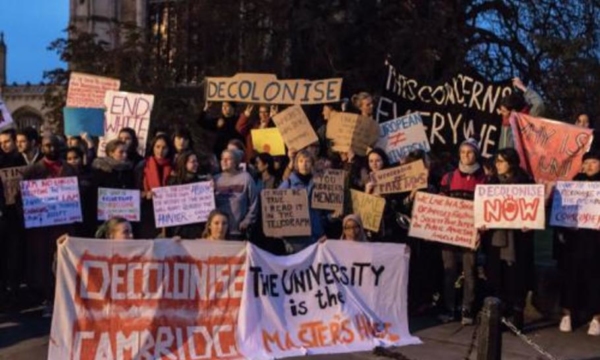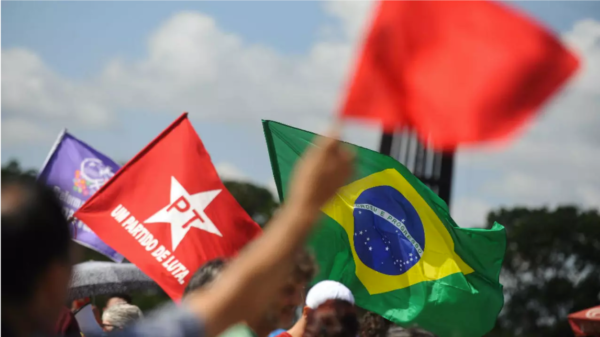
Betting on “The Greek”: How the NFL Is Banking on Biological Racism
With the Super Bowl set to kick off on Sunday and media-fueled football fanfare ramping up accordingly, it is worth revisiting the NFL’s preseason scandal that wasn’t—its apparent use of biological racism in denying the compensatory claims of black former players for traumatic brain injuries sustained while playing in the league. Here we interrogate this case, the impotence of disparitarian antiracism to confront it, and its implications for egalitarian politics.







